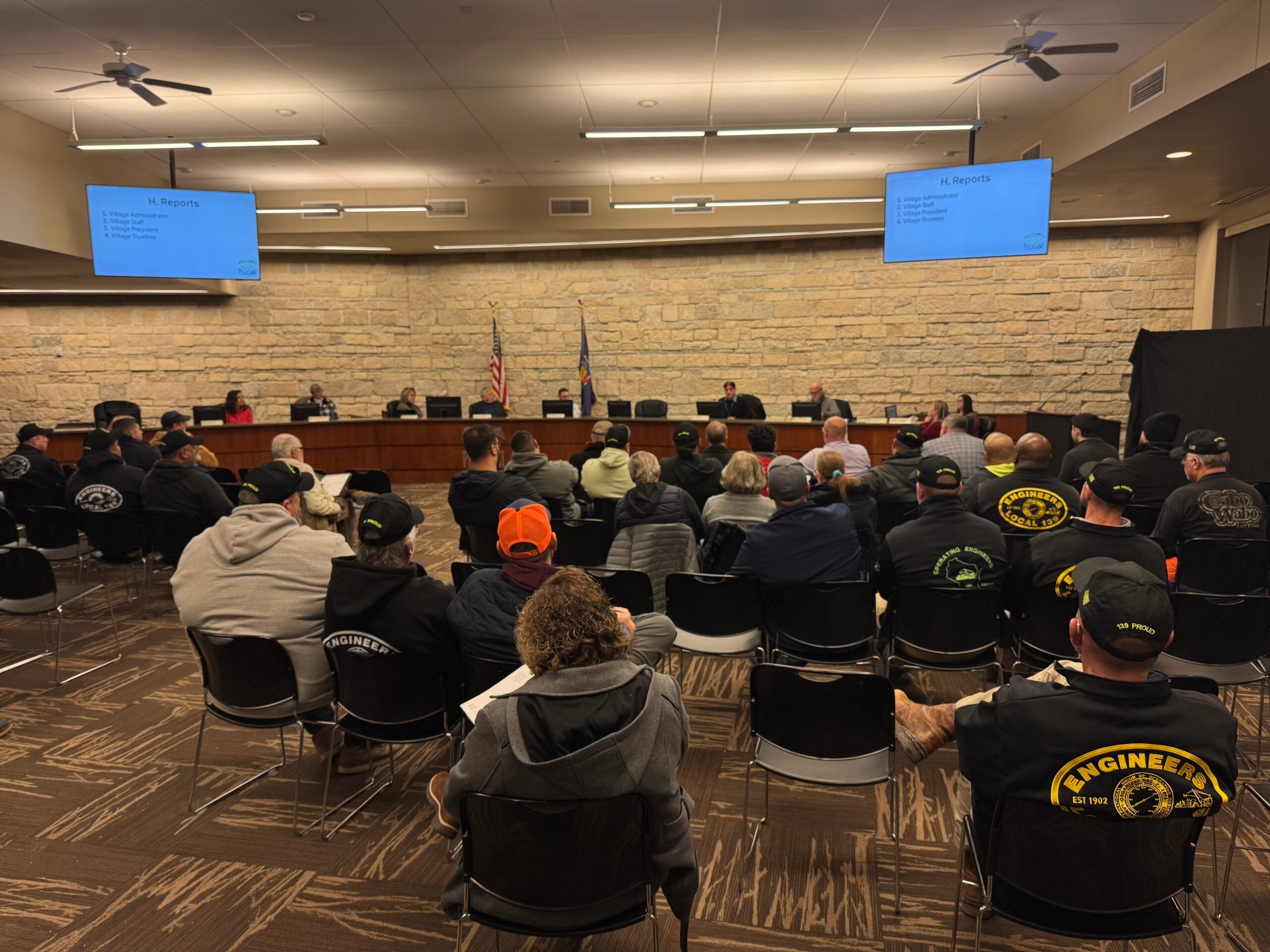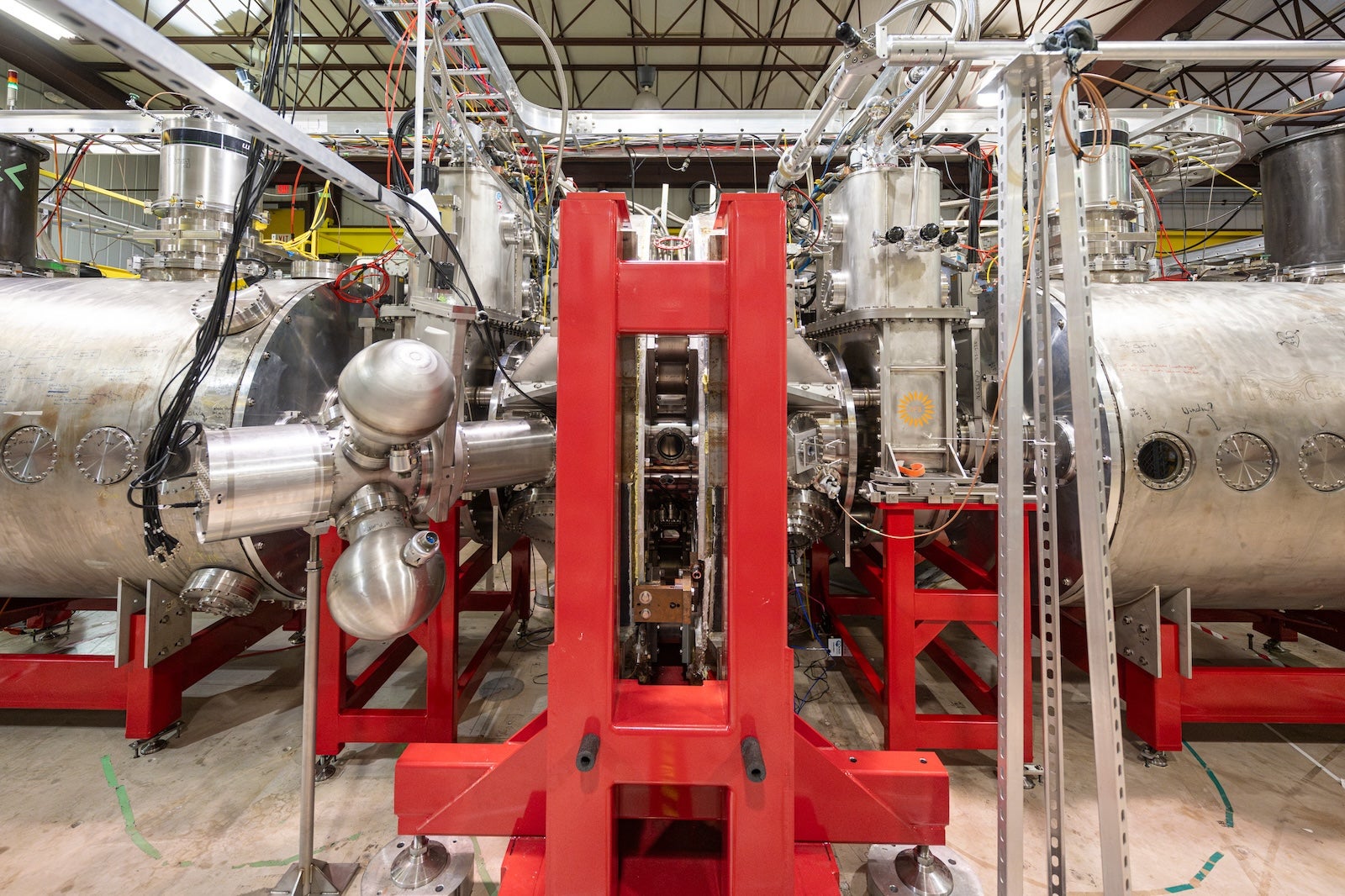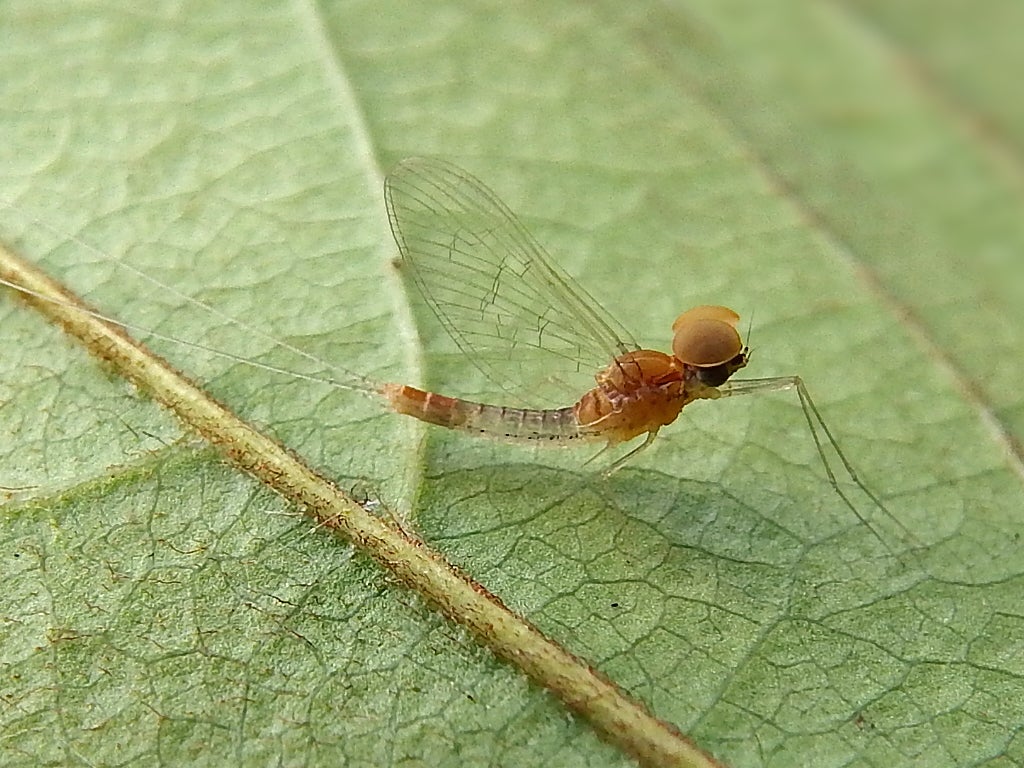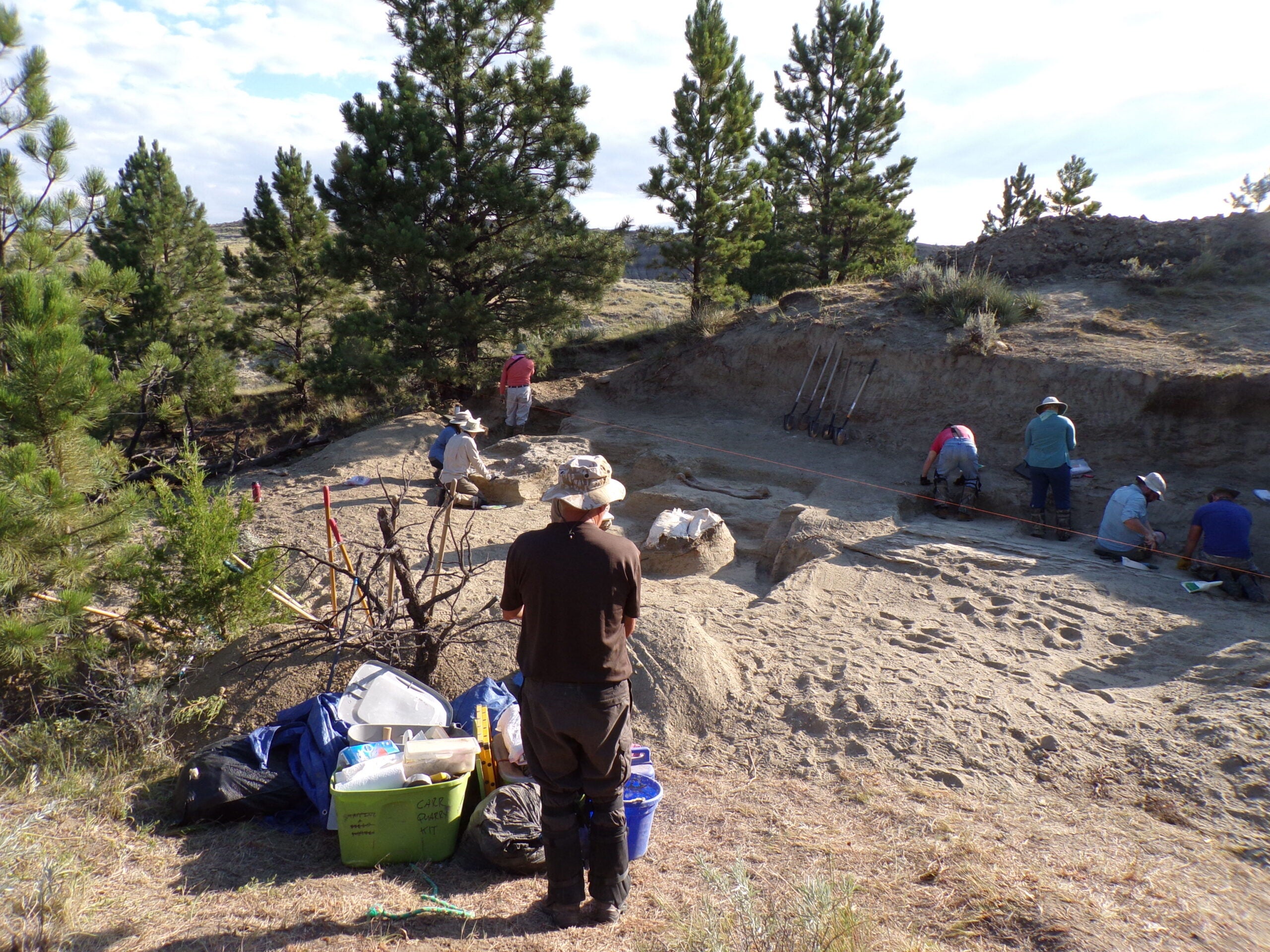Science and Technology
-
Mount Pleasant approves site plans for Microsoft data center expansion
The tech giant plans to build 15 additional data centers in Mount Pleasant as part of two new campuses worth more than $13 billion.
-
Mount Pleasant commission approves Microsoft’s plans for data center expansion
Microsoft’s latest planned expansion of its sprawling data center development in Mount Pleasant received its first major approval Wednesday.
-
Microsoft wants to build 15 more data centers in Mount Pleasant
Microsoft Corp. is proposing to build 15 more data centers in Mount Pleasant as part of two new data center campuses with a total taxable value of more than $13 billion.
-
How Wisconsin’s data centers could be powered with fusion energy in the next decade
As energy-hungry data centers pop up all across Wisconsin and the nation, fusion startups, including one in partnership with UW-Madison, are working to bring a new energy source to market to meet the colossal need.
-
New bug-tracking project aims to help monitor health of Wisconsin waterways
A new project seeks to expand access to a vast collection of aquatic insects that can be used to track the health of waterways across Wisconsin.
-
Microsoft president says he would support a Wisconsin law to regulate data centers
One of Microsoft’s top executives said he would support a new state law to regulate and set standards for data center developments across Wisconsin.
-
Should Madison hit pause on data centers? Residents to weigh in.
Madison officials want to stop large data centers from being built in the city — at least temporarily. A proposed ordinance would halt data center construction for up to year.
-
‘The fossils won’t be going to Kenosha anymore’: Unique fossil hunting program at liberal arts college ends
On Jan. 4, the Carthage Institute of Paleontology shuttered, ending a long-standing agreement between the college and Kenosha Public Museums.
-
How would an AI ‘bubble’ impact Wisconsin communities hosting data centers?
Wisconsin utilities are investing to meet demands of the AI data center boom. But utility customers and local communities could be left paying the bills if the AI industry goes bust, utility watchdog warns.
-
Data center boom follows decades of declining electricity and water use in Wisconsin
Anticipated spikes in demand for energy to supply Wisconsin’s data center building boom come on the heels of decades of declining power and water use, according to a new report.










